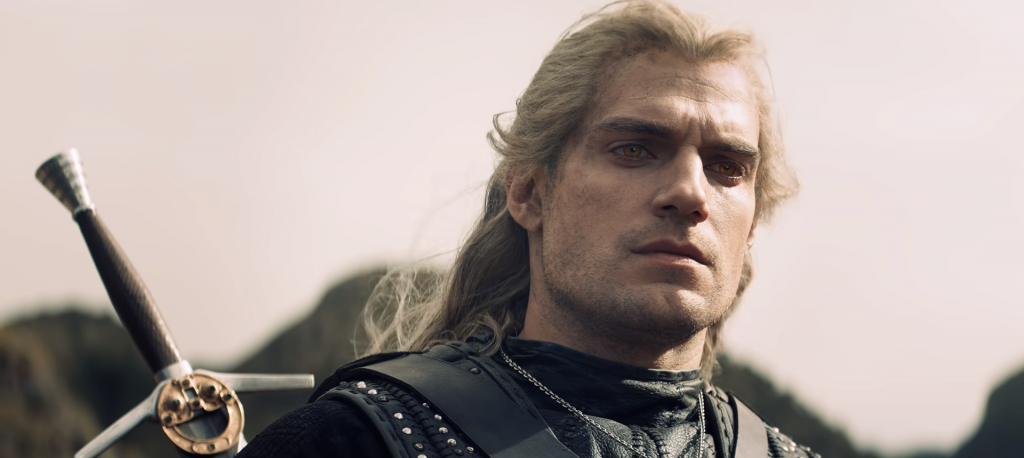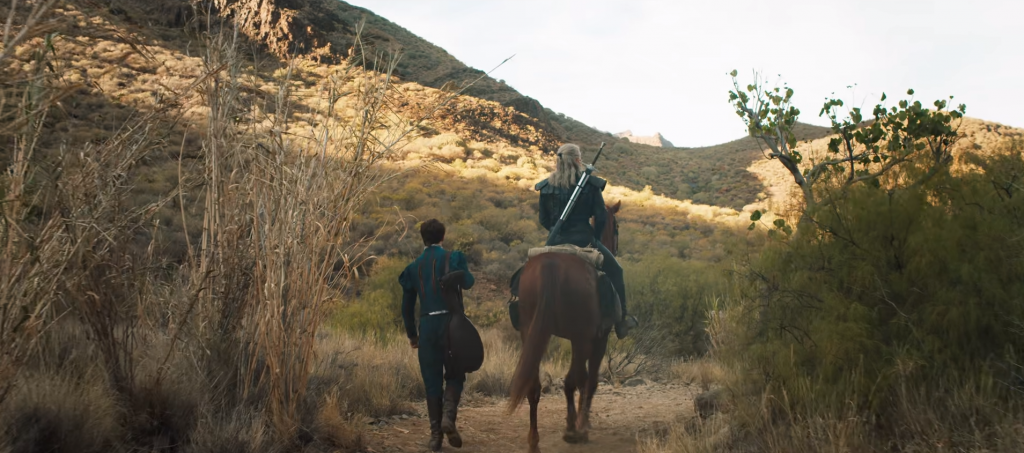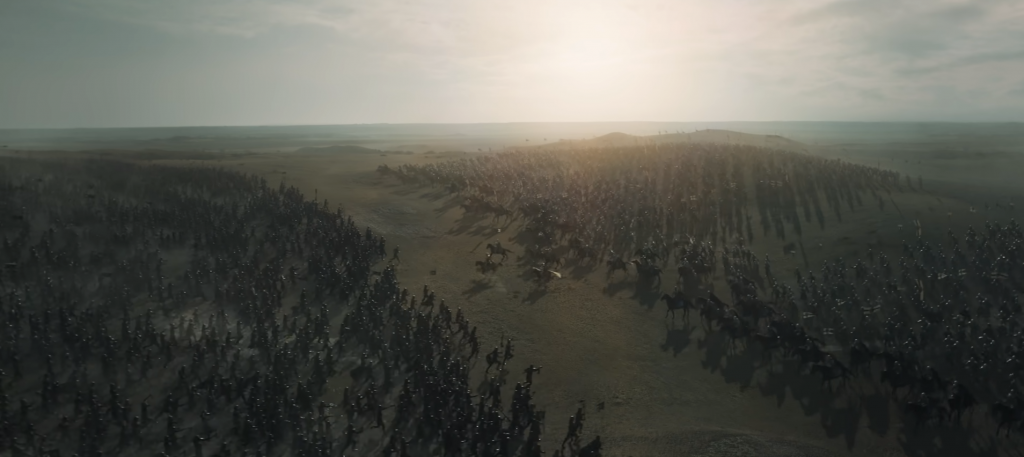The Witcher is a rated-R fantasy action-adventure and drama television series based on the novel series of the same name, written by the Polish author Andrzej Sapkowski. The show was created by Lauren Schmidt Hissrich. The show’s first season premiered in 2019 on the streaming platform Netflix, and its second season has just wrapped up filming, with its release slated for the end of 2021.
The show stars Henry Cavill as Geralt of Rivia, Freya Allan as Cirilla “Ciri” Fiona Elen Riannon and Anya Chalotra as Yennefer. Set in Sapkowski’s fictional medieval world, The Witcher follows Geralt of Rivia, who is a Witcher, or a hunter of monsters. It also focuses on the exploits of the princess Ciri, who is linked to the Witcher by destiny, and Yennefer, a sorceress who is in the process of discovering her powers and finding her place in life. The concept of destiny is important in Sapkowski’s work, and this translated into the series as one of its main themes.

The first thing I noticed heading into the series is just how beautiful it looks. From the incredibly detailed monsters it depicts and the highly choreographed fights, to its bustling medieval towns and depictions of magic, it’s truly a sight to behold. Even simple scenes where a forest serves as the background to a conversation are interesting to look at, as the edges of each shot are in something akin to a magical haze, blurred and saturated, giving the scene a mystical feeling. It’s really no wonder the show was nominated for Best Cinematography in a Television Drama by the British Society of Cinematographers when it came out. And fans of the books are likely to be happy with the way the show depicts the titular character, Geralt of Rivia. Cavill’s take on Geralt’s stoic personality is uncanny, and he really gives off an air of quiet seething, which is fitting considering that people often regard Witchers as being subhuman.
The second thing I noticed was that the events shown on screen weren’t ordered by time. One scene might have been many years ago in the past, the next was in the present, the very next was just a few years in the past. The show is riddled with continuity mismatches like these, which are fine if you’re watching the show for the second time, but not your first. And especially not if you’re unsure about who all the characters are and how their stories tie in together. I, for one, was utterly confused after my first time watching the show. It was only after my second time that all the pieces fell into place. This might not be an issue for you if you plan on binging the show, whereas watching it one episode at a time every few days will likely raise some eyebrows.

One of the story’s recurrent themes across all three of its main storylines (Geralt, Yennefer, Ciri) are sacrifice. Geralt often finds himself in situations where he must make difficult choices. He kills for a living, but he is no killer. Even when doing something immoral would bring him profit and admiration, the love that he yearns for, he always chooses to do the right thing. He suffers because of it, but it makes him who he is. Yennefer’s life is likewise devoid of affection. Her cruel father wants nothing to do with her, and other residents of her village make fun of her because of her misshapen appearance. When the opportunity to become someone else is given to her, she sacrifices something that will later become very important to her in order to become beautiful and powerful. And Ciri loses the people closest to her, which forces her to follow her destiny.
Each episode tells a smaller story of its own, usually following one of Geralt’s hunts for monsters, but a single storyline follows through all of the episodes. This is the story of Ciri going on a journey to find Geralt, and Geralt and Yennefer’s relationship. Ciri’s travels offer a brief pause from the intensity of Geralt’s work and Yennefer’s trials, and a closer view into the consequences of the events we’ve seen unfold in previous episodes; into the lives of other people inhabiting the world. Geralt and Yennefer are always interesting to watch, as they’re both the opposites of one another, and so much alike. Yennefer chose to give up what she had and become who she is, yet Geralt was forced into becoming a Witcher. Yennefer is Neither of them is quite human, in fact they’re both ancient in terms of age by the time they meet, even though they don’t look the part. And both of them are searching for love and a family, though they might not realize it.

This might make the show seem like a romantic drama, which is certainly a part of it, but fret not, for it has plenty of action and adventure to boot. In the background of all of it is a major conflict that keeps escalating in scale, so you’ll get to see some massive battles and sieges, and a bit of politics. The show even has comedy, mostly shining through the character of Dandelion, a bard who makes a wonderful song about our Witcher and annoys him profoundly on his travels. Which brings me to the soundtrack, which is truly beautiful. From the blood-boiling battle tracks to the mellow vocal tracks and the medieval instrumentals, they complement the goings-on perfectly. You might not even notice them, just because of how they are an integral part of the experience.
Despite its issues with overly complex continuity, this show has a lot to offer. Sometimes it feels like watching a fable unfold before your eyes, with scenes being as strange as they are mesmerizing. Other times it’s a visual spectacle that will fill you with thrill. Ultimately, I recommend watching The Witcher to those who like fantasy adventure and those who enjoy medieval drama alike.
If you think you may have missed something, please click on the button below to find out all about your favorite movie or series.
